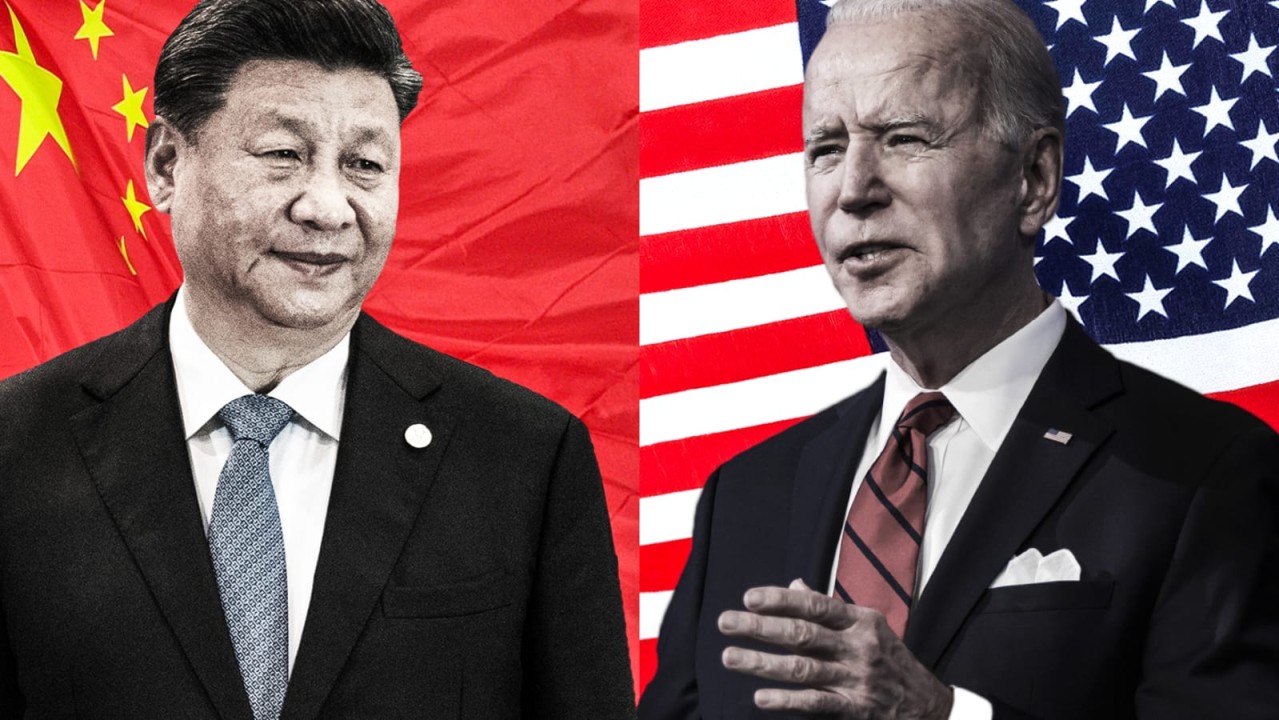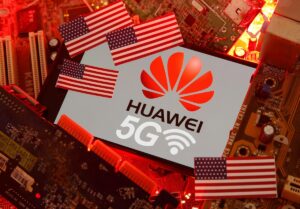Introduction:
In the ever-evolving landscape of international relations and technological advancement, the intersection of commerce, security, and geopolitics often sparks contentious debates and actions. The recent move by the US Commerce Department to add four Chinese tech companies, now blacklisted by the US, to its Entity List underscores the complexity and gravity of such issues. This decision reverberates through the corridors of power, impacting not only the involved companies but also the broader US-China trade relationship and global technological ecosystem.
Follow us on Linkedin for everything around Semiconductors & AI
Chinese Companies Blacklisted by US
At the heart of this development lies the Entity List, a roster maintained by the US Department of Commerce’s Bureau of Industry and Security. Companies placed on this list face stringent restrictions on their ability to access American technology and goods. While not an outright ban, inclusion on the Entity List imposes significant hurdles for the affected entities.
Read More: US Export Ban Threatens NVIDIA $5 Billion AI Chip Orders from China
The companies named are:
- Linkzol (Beijing) Technology Co
- Xi’an Like Innovative Information Technology Co
- Beijing Anwise Technology Co
- SITONHOLY (Tianjin) Co
Chinese Companies Blacklisted by US: Implications
- Difficulty getting essential components and software from the US, which can hinder their ability to function.
- Damaged reputation and potential loss of business opportunities due to the US government’s designation.
Read More: China Bans Intel and AMD From Government Computers
Chinese Companies Blacklisted by US: Allegations
The US Commerce Department hasn’t publicly revealed the exact evidence against the companies.
However, they are accused of acquiring or trying to acquire US-origin AI chips that could be used in China’s military advancements.
AI chips are becoming increasingly important for various military applications, including weapon systems and autonomous vehicles.
The US Commerce Department’s action underscores its concern over the potential dual-use nature of AI technology, particularly AI chips, in military applications. Such technology can empower military systems ranging from advanced weapon systems to autonomous vehicles, raising national security apprehensions.
Being placed on the Entity List can be quite damaging for a tech company. It makes it extremely difficult for them to obtain essential US-made components and software, which are crucial for many technological functions. This can significantly disrupt their operations and hinder their ability to develop new products. Additionally, being blacklisted by the US government can damage their reputation and lead to lost business opportunities with other countries that may not want to be associated with sanctioned companies.
Read More: NVIDIA Bans CUDA-Based Software On 3rd Party GPUs; Stirs China GPU Makers
Chinese Companies Blacklisted by US: Context and Reactions
This move occurs within the broader context of strained US-China trade relations, marked by tariffs, technology disputes, and geopolitical tensions. The Entity List designation is but one facet of a multifaceted strategy aimed at curbing perceived Chinese technological advancement with military implications.
Predictably, the Chinese government has decried the US action as an abuse of national security measures and an impediment to normal trade activities. However, the targeted companies themselves have remained relatively silent on the matter, perhaps strategizing their response amidst the geopolitical maelstrom.
Read the official Report here
Conclusion
The inclusion of four Chinese tech companies on the Entity List represents a significant escalation in the ongoing technological and geopolitical rivalry between the United States and China. It serves as a stark reminder of the intricate interplay between commerce, security, and national interests in the digital age.





Your blog has helped me through some tough times and I am forever grateful for your positive and uplifting content